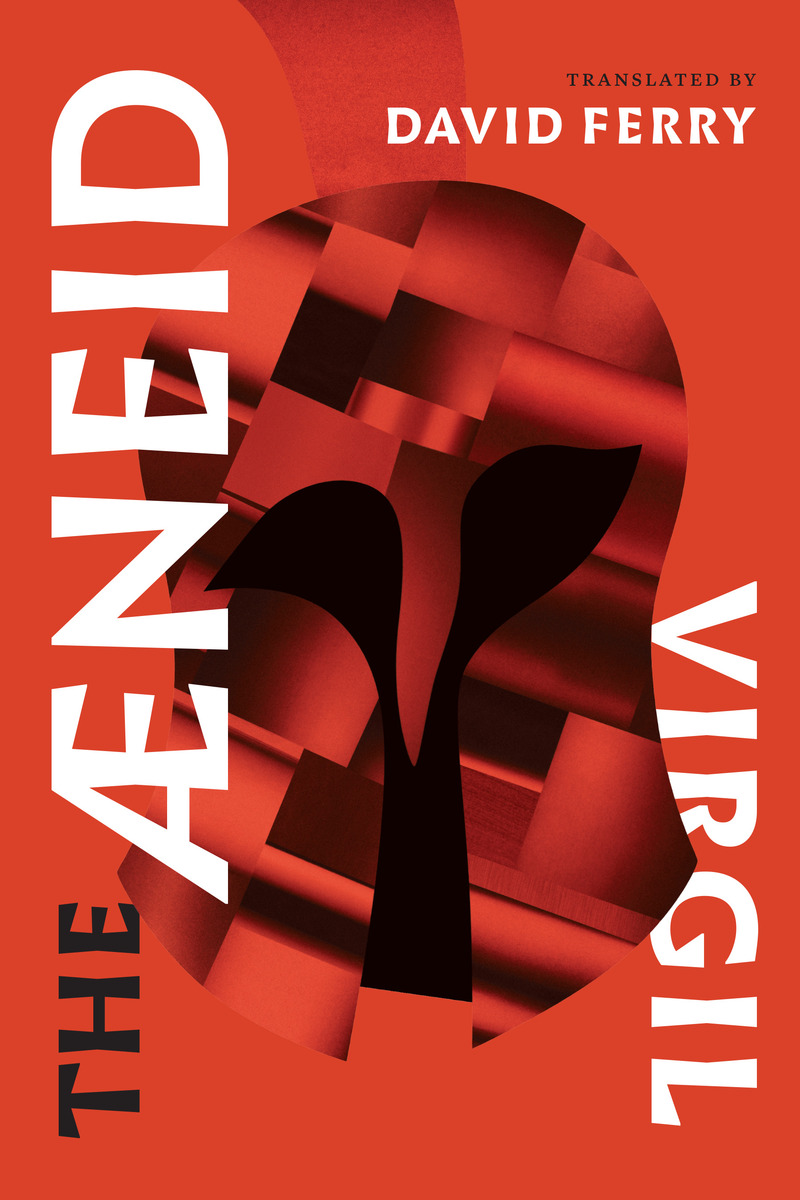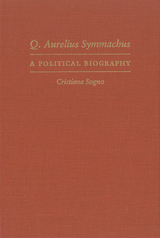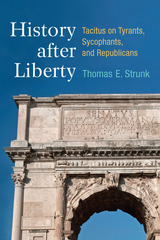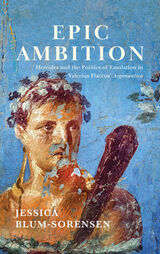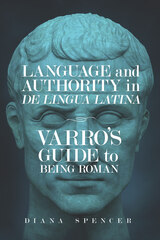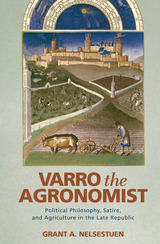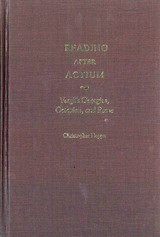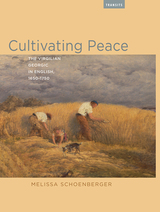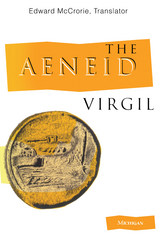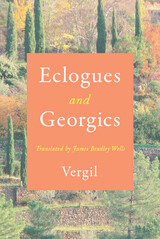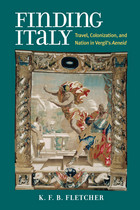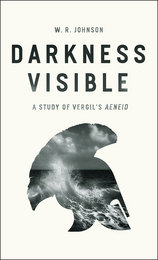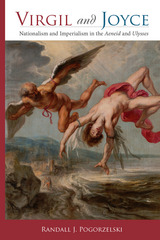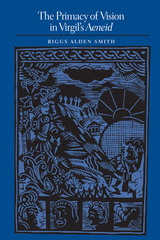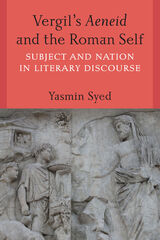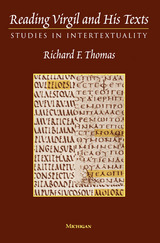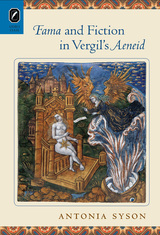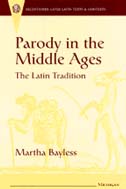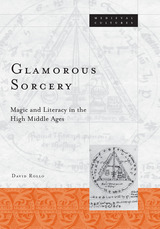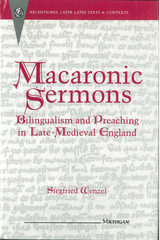"Ferry's rendition of The Aeneid has allowed me to look at this epic with fresh eyes and as a result has given me a new enthusiasm and excitement for The Aeneid which I never thought would be possible . . . At an age when most literary and academic careers are winding down, Ferry has done his very best and most ambitious work."
— Open Letters Monthly
"An outstanding achievement."
— Susan Kristol, Weekly Standard
"Ferry's Aeneid can be read with excitement and pleasure."
— Michael Dirda, Washington Post
"A marvel throughout. . . . The advantages of Ferry's version seem obvious to me: regularity of meter, clarity of image, simplicity of language, understatement of the horrific. Throughout, Ferry maintains a coolness even amid the most terrible drama. It is as if he were writing not in our still-Romantic (even if post-Romantic) personal vein, but altogether in another mode: a classical, fatalistic one, to be sure, but also one in which emotion and achievement matter communally."
— New York Review of Books
"The shining merit of his version is a kind of transparency: somehow he has managed without losing tone, to efface himself, so that as slight a barrier as possible is put between the reader and a poem from another and distant world. . . . Ferry's is now the best modern version of the Aeneid, both for its loyalty to the original and for its naturalness to itself. . . . This translation has a youthful suppleness and flexibility."
— Times Literary Supplement
"From the long view and vantage of his own advanced age, Ferry has crafted an Aeneid not so much 'for the ages' (one never knows if that might be), but rather from and of our age in a manner not merely contemporary, but contemporaneous in spirit to what Virgil knew of war then, and remarkably what it still entails two millennia later. This not only enlivens for us a great classical poem, it also allows us to see our world as still classical in its demise and answering demeanor, no matter the drones that hover above. Loss, courage, blind rage, catastrophe, and chaos are the stuff of any age; David Ferry has held a finely polished mirror up to our own."
— Peter Filkins, New Criterion
"Ferry's version gains by its simplicity of language. . . . In Ferry's version, there’s a notable balance of an eloquent sensibility and a narrative simplicity—both of which Virgil’s epic demands, often simultaneously."
— Rain Taxi
"Though elegant, The Aeneid is also rough, then, and elegance and roughness abound in Ferry’s completion of his work with Virgil. . . . The Aeneid is entirely distinctive, of personal and literary rather than popular and oral origins, a cornerstone of not just culture but also of calculated art. Ferry conveys its power even more than its majesty."
— Booklist
"Do we need, in 2017, another version of the Aeneid? . . . If it comes from the hand of David Ferry, one of America’s few great working nonagenarian poets, the answer is a resounding yes."
— Willard Spiegelman, The Wall Street Journal
". . . . sanguine and accessible. The lines are animated by a poet’s grace and rhythm. Beyond the beauty of the language, the epic remains timely, detailing the grave cost of empire. 'Every act of translation is an act of interpretation,' writes Ferry in an opening note, and this new take is a welcome one."
— Nina MacLaughlin, The Boston Globe
"David Ferry’s translation serves Virgil as no other modern translation I know. . . . To read Ferry’s translation with loving kindness is to read a poet thinking about the poem he is translating while also producing a beautiful poem that stands, not as a substitute for Virgil, but as a genuine poem in its own right."
— Owen Boynton, Essays In Criticism
“National Book Award–winning poet and translator Ferry takes up the Aeneid with engaging results. . . . An elegant and fluent version highly recommended for serious general readers.”
— Library Journal
"Ferry more than succeeds in capturing the stateliness, as his rendering of the Proem, the epic’s introductory lines, into English blank verse shows . . . . Ferry's creamily elegant rendering of the epic, which tries to 'correct' the text’s oddness, is likely to leave you wondering why critics both ancient and modern have scratched their heads over Virgil’s verse . . ."
— Daniel Mendelsohn, The New Yorker
"This is an astonishing bit of translation that typifies the level of Ferry’s sensibility and craft."
— Drew Swinger, Poetry Daily
"David Ferry’s new translation from the University of Chicago Press transported me back to what it was like reading [the Aeneid] for the first time. . . . Ferry’s translation of the Aeneid beautifully captures the world and morals that so inspired me years ago. His work has the rare effect of actually capturing the reader away."
— Brian K. Miller, The University Bookman
"An extraordinary new translation of Virgil's classic."
— Scott Esposito, Literary Hub
"Designed for the reader with no Latin who yet wishes to engage with the Aeneid."
— Classics for All
"Ferry's Aeneid has many strengths. He avoids over-the-top images not fairly located in the text, and sticks close to the prose translations he cites in his introductory comments. He also tries to include everything of significance in the original, avoiding egregious cuts made to improve the aesthetics of a line or the narrative flow. The language and syntax are generally straightforward, and it is easy to imagine using this translation in a classroom."
— Claremont Review of Books
"Ferry’s chosen 'instrument,' as he calls it in his note on meter—a rough pentameter most of the time, and iambic by preference—is by turns subtle, flexible, and strong. . . . the poem has cumulative power"
— The Hudson Review
"What stands out most is Ferry’s effective use of repetition just as Virgil did, resulting in some exciting new possible interpretations."
— Juliet O’Brien, Journal of Classics Teaching
